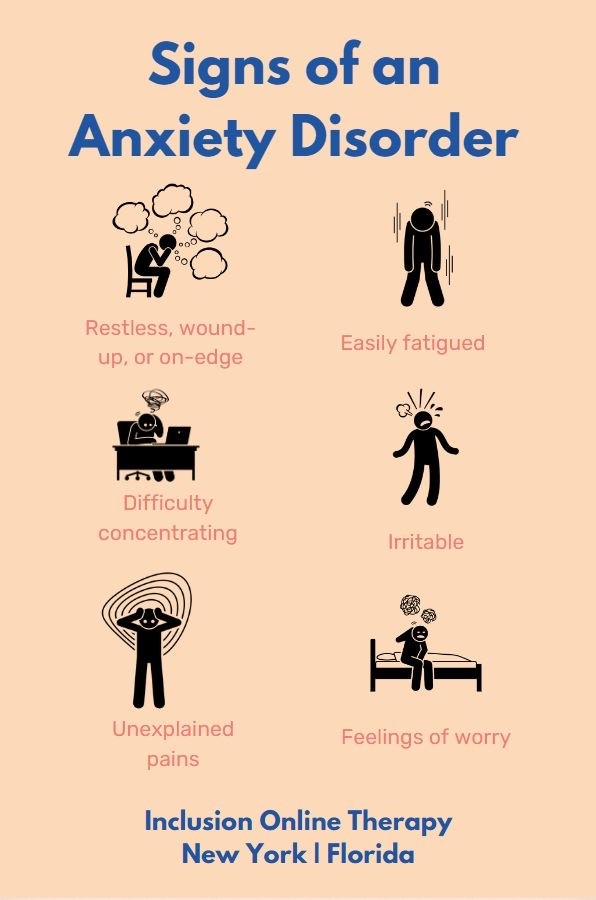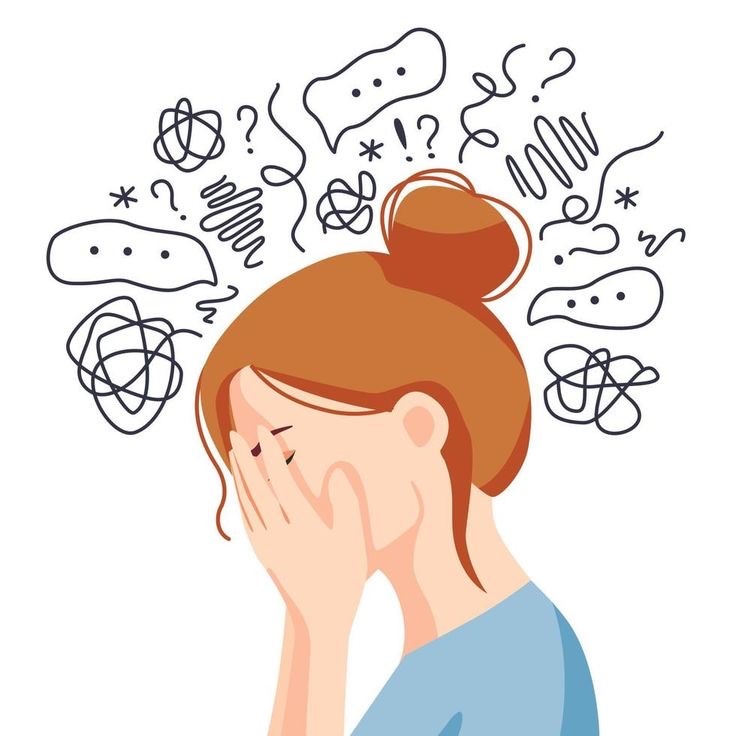In an unrelenting world where stress and anxiety have forged an unholy alliance with our daily existence, the stark truth of the mental health crisis cannot be denied. It’s an urgent crisis, one that implores not just attention but also the unwavering compassion and proactive engagement of every single one of us. In this tumultuous world, prioritising well-being is no longer a mere choice; it has metamorphosed into an irrefutable mandate.
We are constantly pushed to our absolute breaking point by the modern world’s unrelenting grip, which offers no mercy. Inadvertently stirring up a deadly cocktail that poses a grave threat to our mental well-being are the never-ending stream of deadlines, the never-ending desire for top performance, and the never-ending inundation of information via technology. Stress, despair, and anxiety have increased alarmingly as a result of our society’s frenetic pace and fierce competition. Uncomfortable as it may be, we must face the fact that our obsession with constant productivity is severely harming our mental health as a whole.
One of the most glaring indicators of this crisis is the alarming escalation of mental health disorders, and the younger generation is bearing the brunt of it. The World Health Organisations revelation that depression now stands as the foremost cause of disability worldwide serves as a resounding wake-up call we cannot afford to ignore. Our youth, the very foundation of our future society, is grappling with an unparalleled scale of stress and anxiety. It’s high time we reevaluate our priorities, shifting the focus from academic and career achievements to safeguarding their well-being.

The workplace serves as a genuine epicentre of the mental health issue, serving as a place where stress is allowed to bloom due to constant pressure to reach goals, long hours, and the overhanging threat of job insecurity. It is past time for companies to recognise the critical value of creating an intellectually stimulating workplace. This is a call to reinvent our corporate culture and remodel it in a way that ensures not only productivity but also the whole well-being of employees. It is not only about delivering superficial facilities like yoga classes or counselling services.
Education, too, finds itself at the heart of this battlefield, where the weight of academic expectations often becomes unbearable for students. The clarion call of our times beckons us to revolutionise our education system, placing an unyielding emphasis on emotional intelligence, resilience, and adaptive coping skills. It’s no longer sufficient to churn out academically successful individuals; our mission must extend to fortifying them mentally, equipping them with the inner strength to confront the myriad challenges that life presents.
Social media’s pervasiveness has strangely turned into a major adversary in the mental health crisis, despite its ability to break down geographical borders and link people in previously unimaginable ways. Anxiety and melancholy are fuelled by the constant comparisons to carefully groomed online lives, the threat of cyberbullying, and these platforms’ slyly seductive nature. We need to take back control of our digital lives, set time limits on screen use, and prioritise real human connections that work as nourishing elixirs for our mental health. This is no longer just an option; it is now an urgent requirement.

The burden of duty does not, however, fall primarily on the shoulders of society and institutions. We all need to take responsibility for our mental health and recognise that it comes first. It’s a reminder that asking for aid is not a show of weakness but rather a sign of inner strength. It is a call to set firm boundaries, use the word “no” when necessary, and set aside time for self-care. We need to let go of the idea that we can control every aspect of our life without going too far. Now is the moment to put our mental health first, and that process starts with our own unshakable dedication to wellness.
The mental health crisis isn’t merely a buzzword or a fleeting fad; it’s an unrelenting and sobering reality that infiltrates the lives of us all. This is an issue that transcends the boundaries of age, gender, and social status, casting its ominous shadow over society at large. It’s time for us to confront a fundamental truth: our mental well-being is not merely on par with our physical health, but in fact, it’s its equal counterpart. The urgent cry for transformation must resonate throughout everyone of us, not just with our institutions and leaders. We must actively put people’s health at the top of our priority list, creating a society that is characterised by infinite compassion, steadfast understanding, and a climate that is far apart from the gruesome worlds of unrelenting stress.
This journey, make no mistake, is no leisurely stroll; it’s a demanding odyssey that we must ardently embrace for the sake of our shared mental health. It’s a call to arms, beckoning us to champion this cause, each in our own unique way, for the collective betterment of our minds and the world at large.
Sources
- https://www.linkedin.com/pulse/prioritising-mental-health-stressful-world-greg-gillies?utm_source=share&utm_medium=member_ios&utm_campaign=share_via
- https://www.linkedin.com/pulse/prioritizing-mental-health-wellbeing-imperative-todays-khan?utm_source=share&utm_medium=member_ios&utm_campaign=share_via
- https://centerstone.org/our-resources/health-wellness/prioritizing-your-mental-health/#:~:text=If%20we%20work%20to%20prioritize,us%20to%20achieve%20our%20goals.
- https://www.ncbi.nlm.nih.gov/pmc/articles/PMC8886260/




